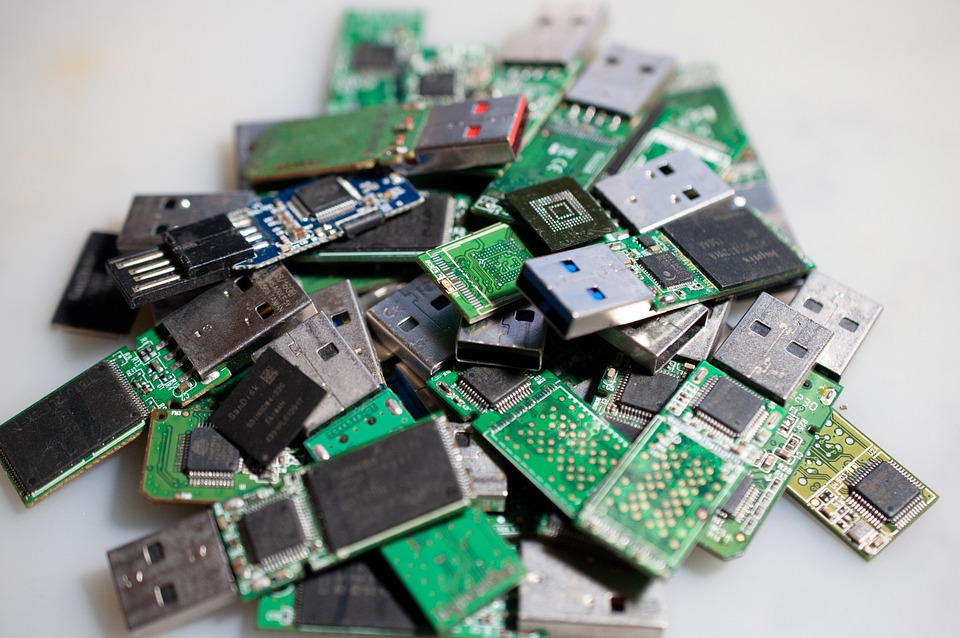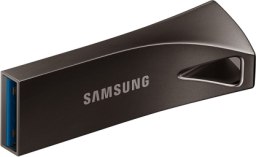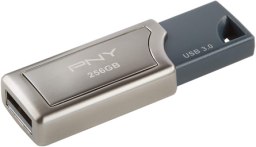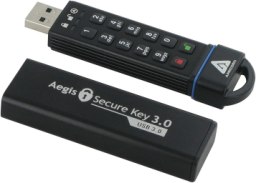Contact Me: howtopbestinfo@gmail.com
Contact Me: howtopbestinfo@gmail.com

A flash drive is a small, portable device that can be used to store data. It's basically an external hard drive or memory stick that uses non-volatile computer storage media for storing digital information.
Flash drives are typically removable and rewritable, much like the traditional floppy diskette but they have higher capacities than most other types of storage devices including CD ROMs and DVDs.
They come in different sizes ranging from 8MB up to 64GB with USB 3 versions being available now as well offering even faster read/write times compared to their predecessors such as USB 2 models which were released over 10 years ago.
The main benefit of using a flash drive is its portability; it’s easy to carry around due its size so you don't need additional hardware when transferring files between computers or sharing documents with others whether at home, school or work making them ideal for everyday use by both students and professionals alike who require quick access without having lugging laptops around all day long!
Additionally many corporate organisations rely on these devices too since they provide fast transfer speeds perfect for backing up important business related files quickly before heading out into meetings etc.. Furthermore some newer high end models also offer encryption technology giving users added security.
Flash drives are a great way to store and transfer data quickly, as they’re small and portable. Here are some tips on how to use them effectively:

Best value overall, this is the greatest option for all buyers who want the best quality product.
Buy it on Amazon

Also very good option for users who are serious about high standard and taste.
Buy it on Amazon

Strike a perfect balance between price and quality, this item is for people who want both.
Buy it on Amazon

Perfect Alternative for products other than those mentioned above, give it a try!
Buy it on Amazon

Affordable price and well accepted quality, great deal for who have a tighter budget.
Buy it on Amazon
A flash drive is a small, portable device used to store and transfer data between computers. It uses non-volatile memory chips that allow it to retain information even when not connected to power or an external source of electricity.
The first commercially available USB Flash Drives were introduced in 2000 by companies such as IBM and SanDisk. Since then, the technology has advanced significantly with higher storage capacities (upwards of 512GB) being offered along with faster read/write speeds than ever before.
Flash drives have revolutionized personal computing over the past two decades due its convenience compared to other forms of digital media like CDs or DVDs which require physical discs for use while flash drives can simply be plugged into any computer’s USB port without needing additional hardware beyond what is already built-in on most modern machines today.
This makes them ideal for quickly transferring large amounts of files from one location another effortlessly..
Additionally, they are extremely durable since their components lack moving parts meaning there's no risk that something could break off during transport making them perfect for anyone who needs reliable access wherever they go - especially students working on projects away from home!
To sum up, flash-drives are a great purchase for any individual or business. They provide an easy way to store and transfer digital files with the convenience of portability. Furthermore, they offer more storage capacity than CDs and DVDs at a much lower cost per megabyte, making them ideal for backing up large amounts of data quickly and reliably in case there is ever an issue with your computer's hard drive. Additionally, many models come equipped with safety features such as password protection so you can keep your important information secure from theft or loss due to accidental damage.


Etiam porta sem malesuada magna mollis euismod. Cras mattis consectetur purus sit amet fermentum. Aenean lacinia bibendum nulla sed consectetur.
2045-04-01 00:00:00.000000
2045-04-05 00:00:00.000000
2045-04-08 00:00:00.000000
2045-04-09 00:00:00.000000
2045-05-00 00:00:00.000000